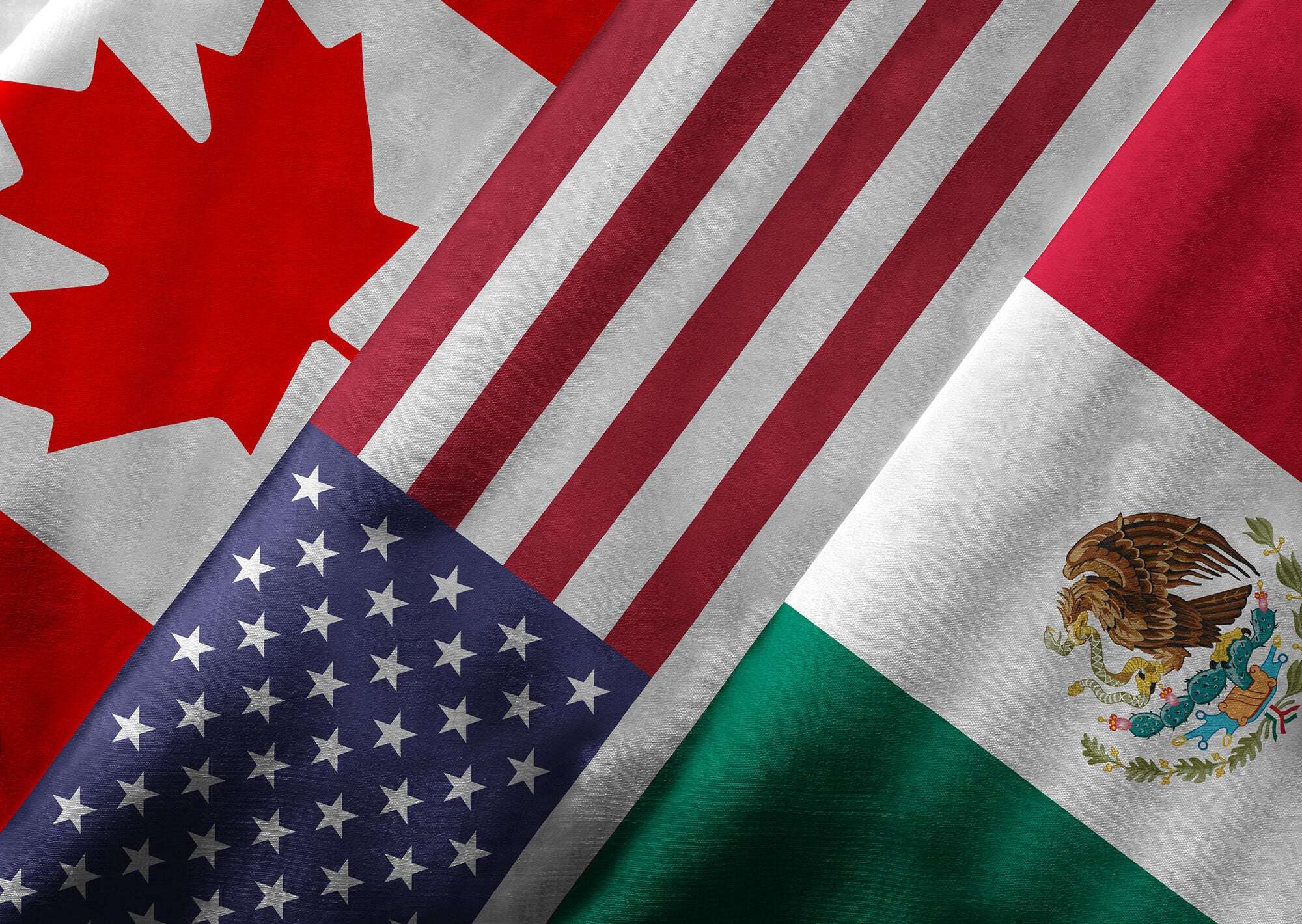Once a carcass is processed into hamburger, for example, how do you track it? One company is...
Sweeping Tariffs Cause Trade Tensions

Last weekend, President Donald Trump announced a sweeping set of tariffs on imports from Mexico, Canada, and China, igniting a trade dispute with key economic partners and raising some alarm bells with agricultural stakeholders and growers themselves.
The move, which Trump said was aimed at addressing issues related to illicit fentanyl production and illegal immigration, has drawn sharp criticism from affected nations, triggering retaliatory measures.
Trump’s order imposes a 10 percent tariff on all Chinese imports and a 25 percent tariff on goods coming from Mexico and Canada. Energy imports from Canada, including oil, natural gas, and electricity, will be taxed at a lower 10 percent rate.
The administration has also included a provision to increase these tariffs in response to any countermeasures taken by the targeted nations.
Canadian Prime Minister Justin Trudeau condemned the decision, describing it as divisive and harmful to longstanding alliances.
In response, Canada has announced its own 25 percent tariffs on up to $155 billion worth of American goods, including alcohol and produce. Overwhelmingly, the Trudeau’s new tariffs target red states that supported Trump in the election. Trudeau emphasized the close historical ties between the two nations, pointing out Canada’s support in past U.S. crises, such as disaster relief efforts and military conflicts.
Almost as quickly as the tariffs were announced, both Canada and the U.S. agreed on February 3rd to suspend plans for the proposed tariffs on Canadian goods for thirty days.
Mexico has also issued a strong rebuke, with President Claudia Sheinbaum rejecting accusations that the Mexican government collaborates with criminal organizations. She announced that her administration would implement retaliatory tariffs and other protective measures for Mexico’s economy.
Sheinbaum argued that the U.S. should focus on tackling drug sales and money laundering within its own borders rather than blaming external forces for its fentanyl crisis. However, also on February 3rd, the U.S. and Mexico reached an agreement to delay the 25 percent tariffs on all Mexican imports for one month, after Mexico agreed to ramp up security at its border.
China, another major trade partner affected by the tariffs, has vowed to take necessary countermeasures to protect its interests. The country’s Ministry of Foreign Affairs criticized the U.S. move, arguing that China had already classified fentanyl-related substances as controlled substances in 2019 and worked with the U.S. on drug enforcement efforts.
Additionally, the Ministry of Commerce has announced plans to file a lawsuit with the World Trade Organization against what it deems unfair trade practices.
The tariffs are creating uncertainty for farmers, according to Ohio Farm Bureau Federation spokesman Ty Higgins. Speaking to Statehouse News Bureau, Higgins emphasized that these three countries represent the largest markets for U.S. agricultural commodities.
While there are concerns about imported goods, he noted that the greater worry for the agricultural sector is how exports will be affected. Retaliatory measures could target key U.S. commodities, threatening a vital revenue stream, as 20 percent of farm income is derived from exports.
In 2018, when Trump imposed tariffs on China, the administration spent $23 billion on a program to prop up farmers.
American Farm Bureau President Zippy Duvall expressed alarm about potential harm to farmers resulting from the order, saying: “Farm Bureau members support the goals of security and ensuring fair trade with our North American neighbors and China, but, unfortunately, we know from experience that farmers and rural communities will bear the brunt of retaliation. Harmful effects of retaliation to farmers ripple through the rest of the rural economy.”
“In addition, over 80 percent of the United States’ supply of a key fertilizer ingredient — potash — comes from Canada. Tariffs that increase fertilizer prices threaten to deliver another blow to the finances of farm families already grappling with inflation and high supply costs.”
The economic fallout from these tariffs is expected to be significant. A recent study from the Budget Lab at Yale suggests that the average American household could face a financial loss equivalent to $1,170 due to increased costs.
Economists, meanwhile, warn that the tariffs may drive up inflation, undercutting Trump’s previous campaign promises to lower the cost of essential goods like food, gas, and automobiles.
Democratic leaders have been quick to link any future price increases to Trump’s trade policies. Senate Majority Leader Chuck Schumer warned that consumers will see rising costs on groceries, vehicles, and household goods as a direct consequence of the tariffs.
While Trump’s administration argues that the measures are necessary to strengthen national security and economic interests, critics contend that they will disrupt supply chains and create economic instability. The tariffs became effective this past Tuesday (February 4), and as global markets brace for the impact, North America’s economic ties face a period of uncertainty.
EDITOR’S TAKE:
There has been much speculation about whether the idea of tariffs would be imposed on some of our trading partners. Now that speculation is behind us and the discussion about what impact they might have on the economy and more specifically autos and agriculture is occupying the news channels. Generally, tariffs can be an effective tool if the other nation already imposed them against the U.S. In the current instance, they are being used to bring about specific policy objectives related to immigration and border protection for national security. Whether or not they will be effective is yet to be determined. In the interim, uncertainty will keep everyone on alert. That said, it is always a great idea to let farmers/ranchers know that you are a CAD member and show them your inventory on AgTruckTrader.com®. One other thing to share with them is AgPack® -- the program that offers savings on farm and ranch supplies of up to $40,000 in exclusive rebates and discounts.








